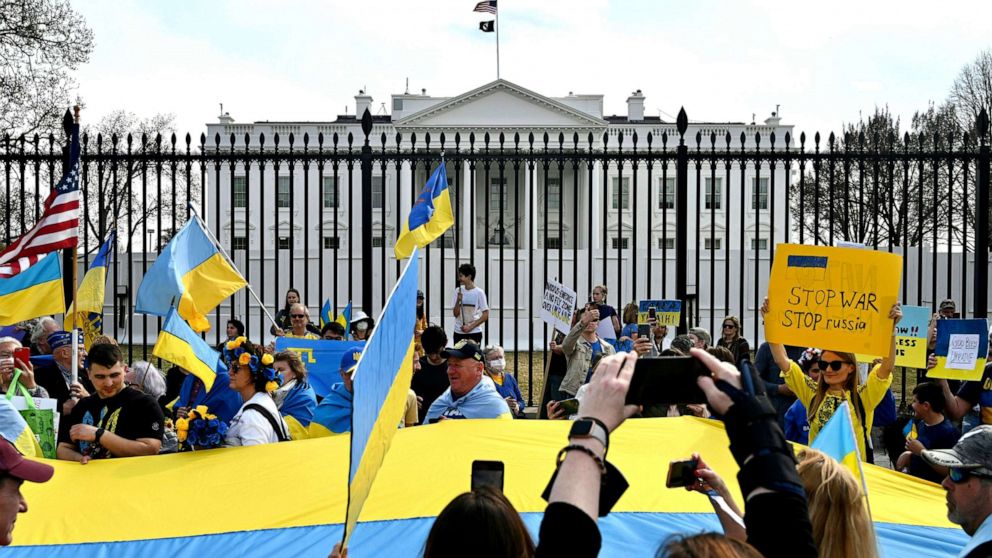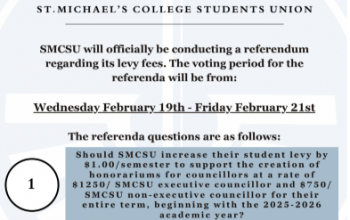Photo Credit: ABC News
The issues brought on by the war have challenged the international community to adapt and problem solve in a way many thought it was incapable of
Robert Smith, Contributor
Russia’s invasion of Ukraine has had a dramatic impact on Europe, bringing issues such as energy and support for the Ukrainian war effort to the forefront of international political discourse and sparking geopolitical realignments that would have been unthinkable a year ago. The war has also demonstrated the strength and resilience of international institutions such as the European Union (EU) and the North Atlantic Treaty Organization (NATO), as they have adapted to address the many strategic and economic problems that the conflict has caused.
One of the most prominent and immediate effects that the war had on the European continent was that it precipitated an energy crisis of unprecedented proportions. For years prior to the invasion, European nations, including the continent’s three largest economies — Germany, France, and Italy — had grown increasingly dependent on Russian natural gas. This was a result of the phasing out of traditional domestic energy sources, namely the shutting down of nuclear and coal power plants across the EU, as member states adjusted their energy policies in favour of a shift towards renewable energy sources. Such a shift was initiated prematurely and in ignorance of the vulnerable strategic position in which it placed the EU. As the rollout of renewable energy infrastructure across the EU stuttered, the bloc found itself increasingly dependent on natural gas from Russia. Not surprisingly, access to Russian energy significantly decreased after the start of the war, and even worse, the gas that did continue to be imported from Russia directly contributed to the funding of Putin’s war machine.
Another policy shift that Russia’s invasion of Ukraine caused throughout Europe was in the area of defence spending and whether — and to what degree — individual countries should support the Ukrainian war effort. While the responses have varied amongst European states,ranging from no support at all to significant financial and military equipment contributions to Ukraine, NATO members and the leading members of the EU have largely committed to ever-increasing levels of support. The war has also resulted in a swift change in the defence outlook of many European nations, with Germany being the most prominent. Almost immediately, Germany announced a massive spike in defence spending in response to the invasion. This marked a shift in both defence policy and public opinion that had been the status quo since the end of WWII.
The war in Ukraine has also significantly reshaped the geopolitical layout of Europe. This past May, Sweden and Finland diverged from long standing policies of strict neutrality and applied for NATO membership. The war also resulted in the expedited granting of EU candidate status to Ukraine and Moldova, despite lingering concerns around government corruption and the legitimacy of both countries’ respective democracies, particularly that of Moldova. These developments changed the balance of power in Europe and contributed to the further economic isolation of Russia. The potential addition of Finland and Sweden to NATO would effectively more than double the alliance’s border with Russia, strengthening NATO’s eastern flank and, theoretically at least, improving the security situation of the organization’s new Baltic members. Likewise, the granting of EU candidate status to Moldova and Ukraine puts the two countries squarely in the economic sphere of the West.
These key issues all serve as examples of an important lesson that the conflict has taught us, namely, that important international institutions such as the EU and NATO are stronger and more resilient than many feared prior to the war in Ukraine.
In the midst of the aforementioned energy crisis, Europe’s major nations have stayed the course, both in terms of sanctions imposed on Russia and material support for Ukraine, while taking steps to mitigate the resulting energy shortage. The renewed commitment to investing in defence by countries such as Germany has showcased Europe’s commitment to continental security.
Lastly, the expedited nature with which the EU and NATO have moved forward with membership applications, quickly dealing with impediments such as grievances between members and applicants — Turkey and Sweden come to mind — has shown the determination of both organizations to not only consolidate, but strengthen.
In short, Russia’s invasion of Ukraine has shown the world that these two important institutions, the EU and NATO, are able and willing to adapt in a coordinated way to problems that many — most of all Putin — thought would tear them apart. Such a lesson is one that Putin hoped the world would never learn, and his underestimation of these international institutions will be among one of his many miscalculations.




